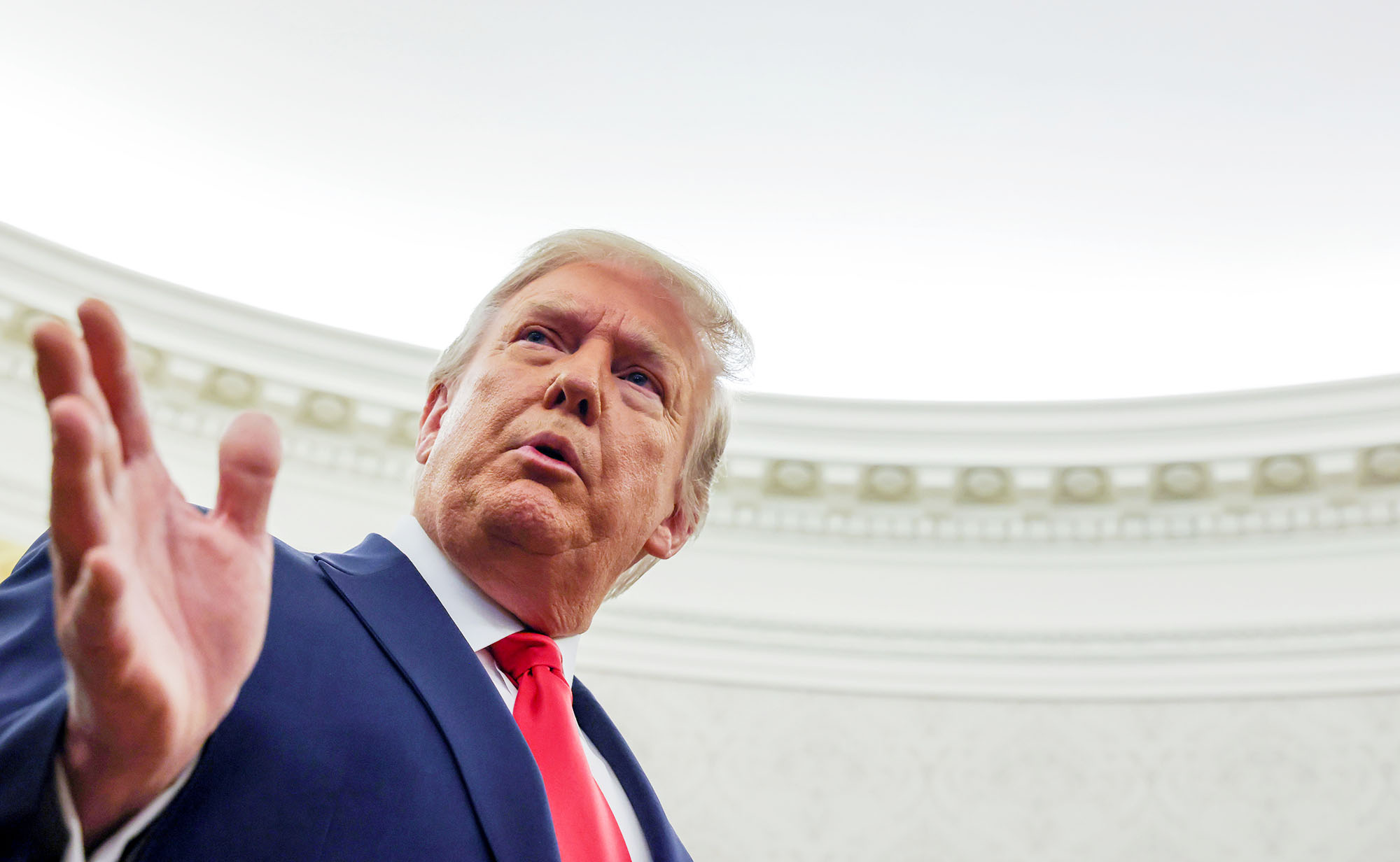Trump mounts another legal challenge to election, asking Georgia for a do-over
State election officials say the results are valid and that they won’t change.
President Donald Trump filed a new lawsuit in Georgia Friday afternoon officially contesting the results of the election and requesting a do-over -- another in a series of long-shot legal bids that have so far met with stiff resistance from the state's Republican election officials.
This latest suit alleges that the state's election code was "disregarded, abandoned, ignored, altered, and otherwise violated," thereby allowing "a sufficient number of illegal votes to be included."
The Trump campaign and its allies have filed similar lawsuits around the country more than 46 times, and have yet to gain traction. On the same day the campaign submitted the new Georgia suit, pro-Trump legal efforts met with defeat in Michigan and Nevada.
A Nevada judge ruled pointedly that the Trump team "failed to meet their burden to provide credible and relevant evidence ... to contest the November 3, 2020 General Election."
The new Georgia case specifically takes issue with changes made prior to the election involving mail-in ballot practices and signature matching rules. It also includes dozens of allegations of fraud based on witness affidavits, but with little evidence.
As a remedy, the Trump team suggests the state "order a new Presidential Election to occur at the earliest opportune time."

Democrat Joe Biden's victory in Georgia is narrow -- he's winning by 11,769 votes, according to the current results of the machine recount requested by the Trump campaign. But the result of the recount -- which follows an earlier hand audit -- indicates that the outcome of the race will not change, according to Georgia's secretary of state.
Jordan Fuchs, Georgia's deputy secretary of state, joked that Trump has "spent more time campaigning in Georgia after the election" than before it.
"The state of Georgia is wrapping up its third count of legally cast ballots, and the results have not changed," Fuchs said.
ABC News' Quinn Scanlan contributed to this report.




